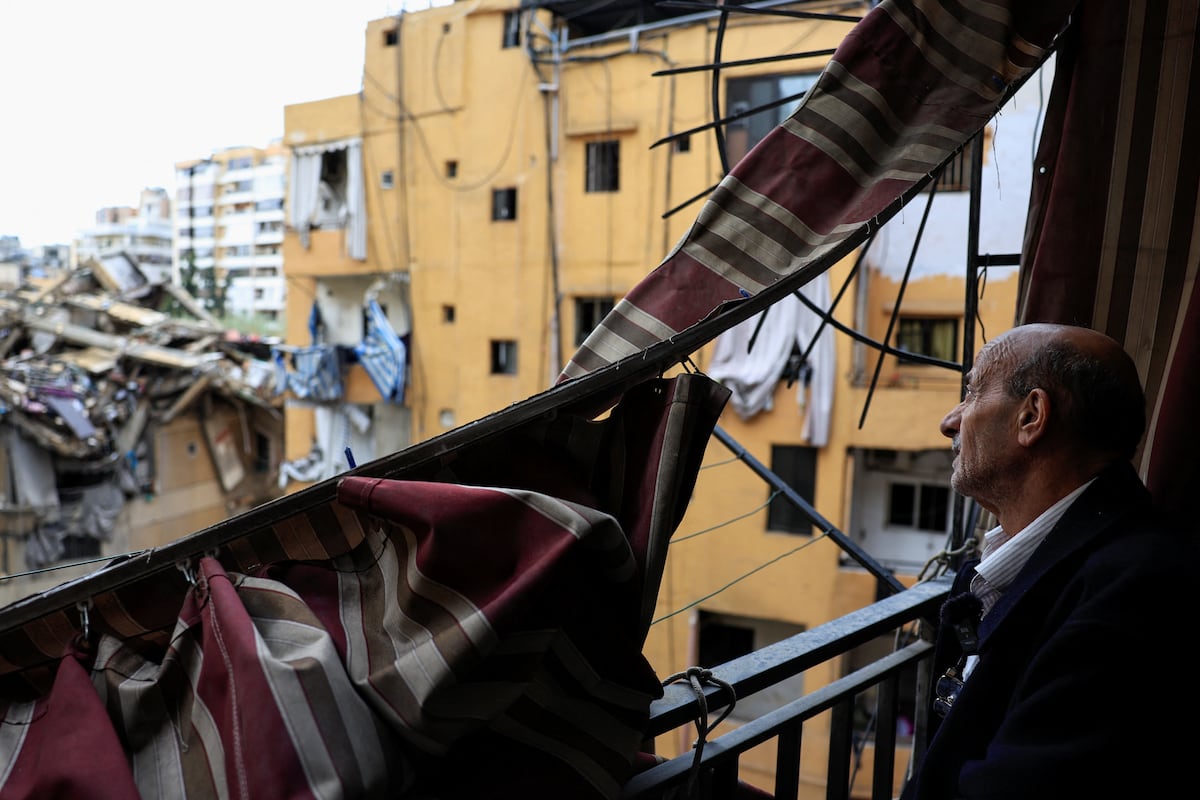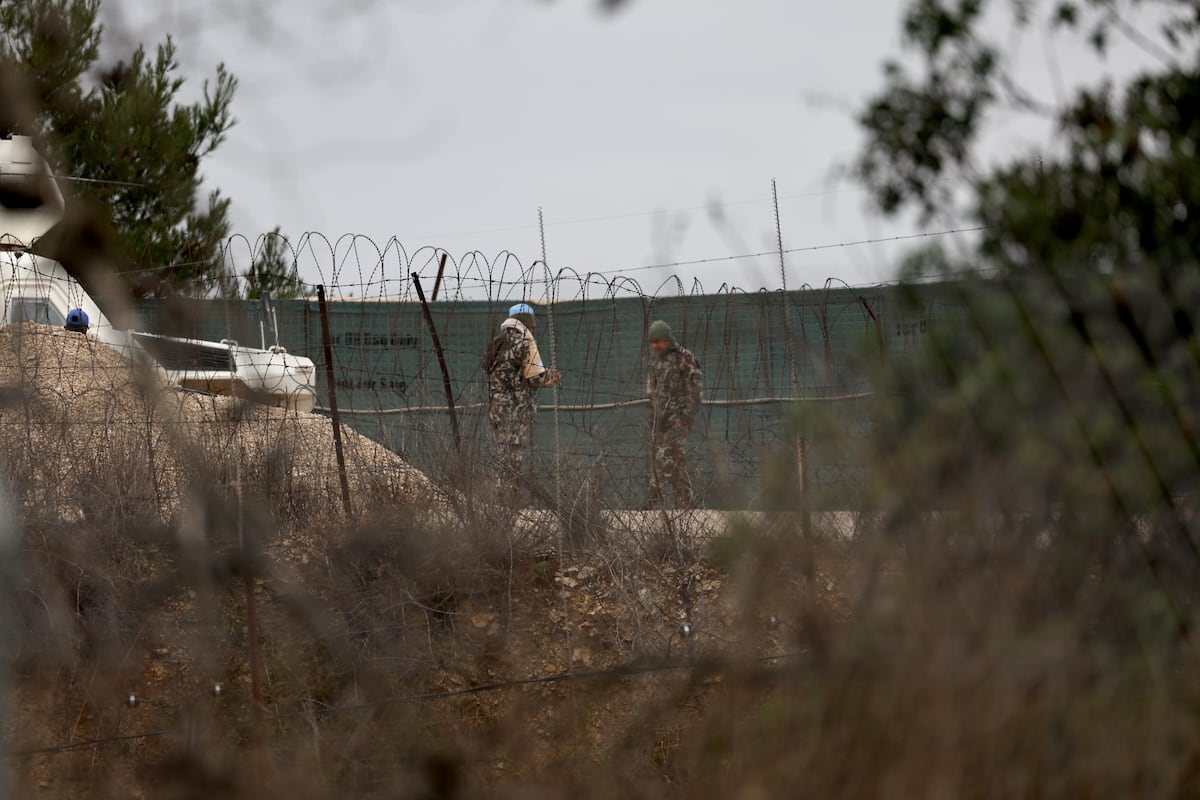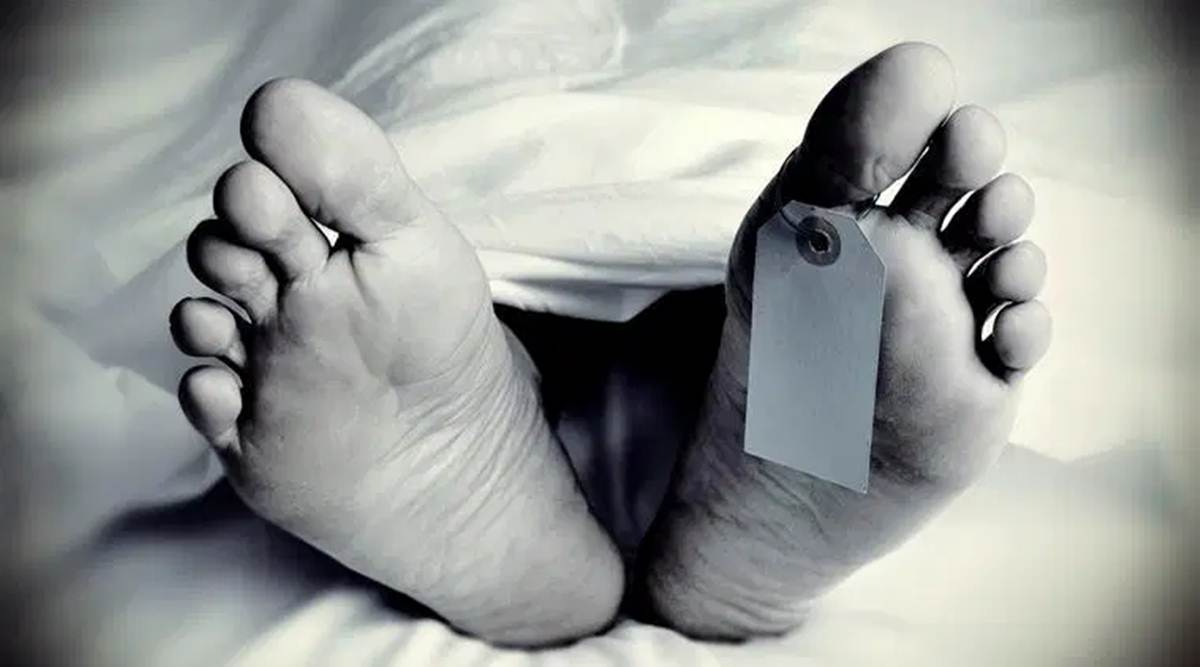Michel Barnier, Prime Minister of France, appeared scared on television Tuesday night. This time, after weeks of back-and-forth, he had the real feeling that his Government and himself would not make it to Christmas. The National Regroupment (RN) is increasingly close to voting on a motion of censure that would end its mandate just three months after beginning it. And the head of the Executive decided to enter the home of the French on prime-time news to wave the flag of fear. “I knew there could be a motion from day one. But it will be accompanied by a storm and serious turbulence,” he launched in prime time. The fear was evident in the words, but it was also reflected in the markets, which placed the risk premium at its highest since 2012. The storm, that is the problem, has already arrived.
France, in a very delicate financial and economic situation, is also on its way to getting into a diabolical political mess. What had started as a simple poker game between those who were separated from the Government to gain visibility, is now a labyrinth from which it will be difficult to get out. The leader of the RN, Marine Le Pen, cornered in court for a case of diversion of European funds and awaiting a sentence on March 31 that could disqualify her from political office for five years, has gone on the offensive. Barnier’s attempts to satisfy her with the announcement of anti-immigration laws, the possible revision of the pension law or the study for the reform of the electoral system, have not been enough. If she has to die (politically), Le Pen prefers to do it by killing. “It is absurd to think that both things are related,” she defended herself on Wednesday at the door of the court that judges her.
The far-right leader is willing to overthrow the Government if next week it decides to use article 49.3 of the Constitution, which would allow it to approve the budgets without the support of Parliament. In that case, the bomb could be activated as early as next Wednesday. “We gave Barnier our trust three months ago, but we have not seen any response,” lamented the deputy and secretary general of the RN, Renaud Labaye, in the four-column room of the National Assembly. “He is the president [Emmanuel Macron] who is at the origin of the political chaos, and it is he who must respect the vote of the French,” the RN spokesperson in the Assembly, Jean-Philippe Tanguy, launched minutes earlier in the chamber’s press room.
A survey carried out by the company Elabe for the BFM channel indicated on Wednesday that 65% of French people believe that Barnier’s policies follow those of Macron, and 52% are in favor of a motion of censure. 69% of those surveyed also consider that if the Executive were to fall, it would be best to resort to a technical one. Only four in ten think it could have an impact in the form of a financial crisis. But the French public deficit, which in 2023 rose to 5.5% of GDP – which led the European Commission to open an excessive deficit file – now risks worsening to 5.6% this year and even up to 6.2% in 2025 if urgent measures are not taken.
The pressure level is very high. But the RN deputy Philippe Ballard provided some caution and explained to this newspaper that everything will depend on the final result of the budgets. “There is a hole of several billion, so we wait for the final conclusion. Based on that, Le Pen and [su delfín y presidente del RN, Joan] Bardella will make a decision. We want to know if pensions are going down, if reimbursement for medical aid and tax exemptions are going down… At this time of day everything is open. But if all the red lines are crossed, there could be a vote of no confidence soon: next week.”
The possible motion of censure would create strange bedfellows. The mechanism would not work unless the New Popular Front (Socialist Party, La Francia Insoumise, Ecologists, Communist Party) voted jointly, which assured that it would present it in any case, with the extreme right. The RN, through its spokesperson in the Assembly, confirmed that they would have no problem joining forces in that regard. For this reason, from the Macronist ranks, they begin to pressure the Socialist Party (PS), which would have more difficulty justifying a new situation of instability to its electorate. “If they decide to have their own voice and recover common sense, they will move away from that strategy,” says a deputy from Renaissance, the president’s party, who prefers anonymity.
An opinion that coincides with that of some of the heavyweights of the PS such as the mayor of Paris, Anne Hidalgo, who on Monday was against censorship. The Government spokesperson, Magud Bregeon, also launched a message on Wednesday that seemed directed at the socialists: “The motion is a right, but they must assume the consequences in front of the French people and their voters.”
Last July, the New Popular Front (NFP) obtained 193 out of 577 deputies, but was far from the absolute majority of 289. The presidential bloc, formed by three center and center-right parties, obtained 166; and the far-right National Rally (RN), 126. Le Pen’s party, despite finishing third in that bloc scheme, became the arbiter of the contest when President Macron did not find a stable absolute majority in Parliament. But it cannot overthrow the Government without the NFP en bloc joining the proposal.
The problem is that both the NFP, where the loudest voice is usually that of the radical Jean-Luc Mélenchon, and Le Pen’s extreme right, have turned the motion of censure into a fight to see who is more decisive in the Government, a lucky theatricalization of their power that now prevents them from backing down without showing weakness, although it really suits no one if Barnier’s Cabinet falls at this moment.





